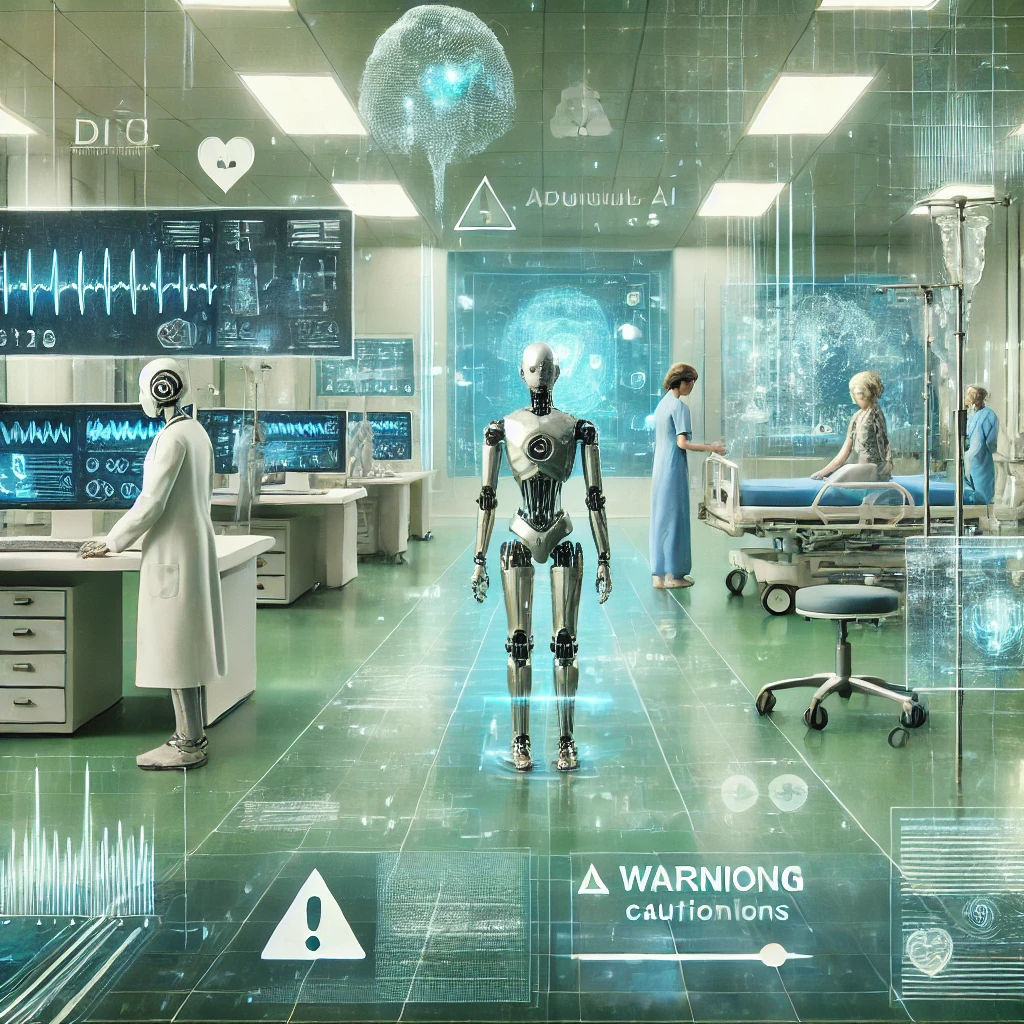Artificial intelligence (AI) has claimed the top spot on ECRI’s 2025 list of health technology hazards, reflecting growing concerns over its integration into healthcare. While AI holds transformative potential for improving efficiency and patient outcomes, ECRI warns that its misuse or inadequate implementation could introduce significant risks to patients.
AI in Healthcare: Opportunity and Risk
AI is increasingly used for diagnostics, treatment recommendations, and administrative workflows. However, the report emphasizes the dangers of relying on unverified algorithms or poorly integrated systems. Errors in AI decision-making, lack of transparency, and biased datasets are highlighted as critical challenges that could jeopardize patient safety.
Broader Risks in Health Technology
Other pressing hazards identified in ECRI’s annual report include:
- Home-Use Medical Devices: Increased reliance on consumer-operated devices risks improper use or inaccurate readings.
- Cybersecurity Vulnerabilities: Health systems remain prime targets for ransomware attacks, threatening patient data and care delivery.
- Counterfeit Medical Products: A rise in counterfeit medications and devices poses serious threats to treatment quality and patient safety.
Safeguarding AI and Technology in Healthcare
ECRI recommends stringent testing, validation, and oversight of AI tools before deployment. It also advocates for enhanced regulatory frameworks, robust cybersecurity defenses, and education for patients and providers on emerging technologies.
Looking Ahead
As healthcare technology evolves, balancing innovation with safety will be crucial. ECRI’s report serves as a reminder that progress in AI and other technologies must prioritize ethical considerations and patient well-being.


